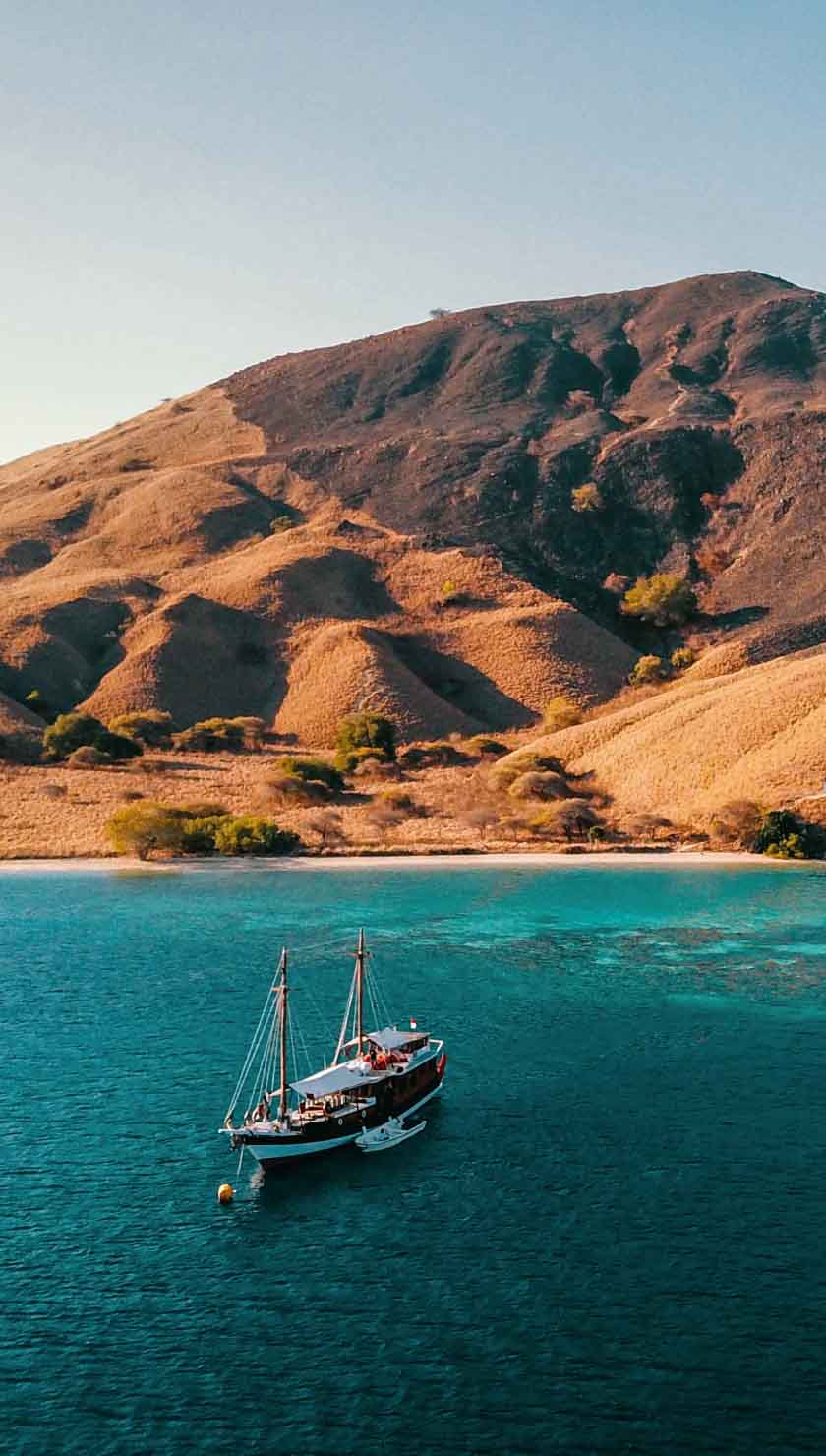Best Mexico cruises and areas to visit
Baja California is a region rich with culture, natural beauty and unique wildlife. La Paz, the capital of Baja California Sur and a departure point for many Baja cruises, is a cosmopolitan city that blends old world charm with a modern edge. The waters between La Paz and Loreto brim with marine life, including several species of whale, dolphins, marlin and rays. In Bahia de la Paz, from November to mid-January, search for whale sharks, the largest species of fish in the world, and take the opportunity to swim with these gentle giants. The city of Loreto features colonial buildings on a mountainous backdrop.
The Sea of Cortez, also known as the Gulf of California, has been called “the world’s aquarium”, due to its incredible biodiversity. It remains a favorite diving site and Mexico small ship cruises of the area explore many of its treasures, from its many uninhabited islands to its rugged coastline and, of course, its vibrant and varied wildlife. Over 900 types of fish and 32 species of marine mammal call the area home.
The Bay of Loreto National Park covers nearly 2065 square kilometers (797 square miles) in the Gulf of Mexico and dates back to 1996. Mexico boat cruises passing through this UNESCO World Heritage site will share its waters with over 800 species of marine life. Over a third of the world’s cetacean species can be found in the park, including blue whales, sperm whales, fin whales , humpback whales, and pilot whales.
In the Bahia Agua Verde, or “Green Water Bay”, take to a small boat to drift over its clear waters and along its rocky shore, taking in “Roca Solitaria”, the white pinnacle rock standing out against the red cliffs beyond. Take to shore to visit with a local ranchero, then hop onto a mule for a guided tour of the craggy peaks and wide crevices of the arroyos.
Bahia Magdalena, located on Baja’s west coast, is one of the world’s prime spots to watch for grey whales, especially in mid-January to early March, when mothers arrive to calve. Baja cruises of Bahian Magdalena also provide the opportunity to spot dolphins and a variety of sea birds.
Ensenada Grande, on the west side of Isla Partida, consists of a jumble of red rocks bristling with cacti, its cliffs surrounded by jade-colored waters. The waters are so clear that kayaking here may feel like hovering over the white sand bottom. Kayak or snorkel along the bay to discover enigmatic rock formations carved by the water, wind and time. Eventually, the crag give way to one of Mexico’s most beautiful beaches.
Isla San Francisco boasts a sheltered bay fringed with a crescent-shaped beach and bordered on each side with dramatic cliffs rising above the waves. Located off the eastern coast of Baja California Sur, Isla San Francisco is uninhabited, except for ten species of reptile, including the endemic whiptails. Visitors can snorkel with sea life, such as eels and mobula rays, or hike to spectacular views of the red cliffs and azure waters.
Isla Espiritu Santo, or Island of the Holy Spirit, features stupendous cliffs rising above azure waters and white sands. This UNESCO World Heritage site located in the Gulf of California consists of multicolored arroyos and craggy mountains, its rocky coastline scalloped with secluded bays. Here, visitors hike the interior, and kayak or swim the crystal clear waters. The island is also a prime snorkeling site, with its abundant fish population representing nearly 40% of the world’s species.
Los Islotes is a highlight of any Mexico adventure cruise, combining wildlife encounters with underwater activities. Los Islotes, a tiny island off the coast of Isla Espiritu Santo, is home to a sea lion colony and visitors on a Sea of Cortez cruise will have the opportunity to swim with these playful creatures.
Best time to cruise in Mexico
Mexico in late November to February is winter. Winter in Baja California Sur brings strong winds that can make water conditions in the Sea of Cortez less comfortable. These winds can last until mid-March. This season is also rainier, but most rain in the region falls to the north, with the Sea of Cortez seeing only occasional storms.
Mexico in March to May is spring, when the winds die and the weather warms. Spring also brings Carnaval to the city of La Paz. In 2017, however, Carnaval comes early, from February 23 to 28.
In Mexico, from June to early September is summer, when it is very hot and sunny. Summer may bring the occasional hurricane to the Sea of Cortez, but these are exceedingly rare, though occasional tropical storms are more common.
From September to November is the best time to visit Baja, Mexico, as the weather cools slightly but remains warm, and the crowds thin out.
From mid-January to early March, Mexico is the best time to see grey whales.
In Mexico, from November to mid-January and in March, the best time to see whale sharks is.
Geeting to Mexico
Los Cabos International Airport, in San José del Cabo, is serviced by most major airlines, though a connection may be required, depending on point of origin.
Where do Mexico cruises depart from?
Typically, small-ship cruises in the Sea of Cortez depart from La Paz, Mexico. Visitors will fly into San José del Cabo’s Los Cabos International Airport, followed by an overland transfer to the port city of La Paz.
Mexico Cruise Tips
- Plan ahead to ensure availability, especially in the summer, when crowds are larger, and in the winter, when itineraries may be limited or unavailable.
- Choose the right trip for you, ensuring that your interests and priorities are met by your chosen itinerary. If you want culture, make sure to spend extra time in La Paz. If you’re looking for wildlife encounters, verify that whale watching is included on your cruise, along with the opportunity to swim with whale sharks and seals. If you’re all about the beach, maximize the number of islands on your route and book ahead to reserve a summer spot.
- Mexico’s climate makes sunscreen and sunglasses musts, but also be sure to pack good hiking shoes, a camera and a waterproof shell for those windy days.
- Though snorkeling gear is often offered onboard, bring your own if you wish to ensure fit and availability.
- A passport is required to enter Mexico by air, as is a tourist permit, though these can be obtained upon arrival and are frequently included in your airfare. Most North American and European visitors will not require a visa to enter Mexico, including citizens of the United States, countries belonging to the European Union, as well as Argentina, Australia, Brazil, Israel, Japan, New Zealand, Norway and Switzerland, among others. Visitors from China, Russia, South Africa and India require a visa.
- ATM’s and exchange bureaus are common, while credit cards are accepted at most mid-to-high-range facilities.
- Tipping is common in Mexico. Waiters are typically given a 10% to 15% gratuity, while porters are usually given a 50 pesos note. Taxi drivers are not typically tipped.
- Though reports of crime in Mexico continue, there are no travel warnings for the regions of La Paz, Baja California Sur or the Sea of Cortez.
Contact our reservations team today to book your next small ship adventure to Mexico.











